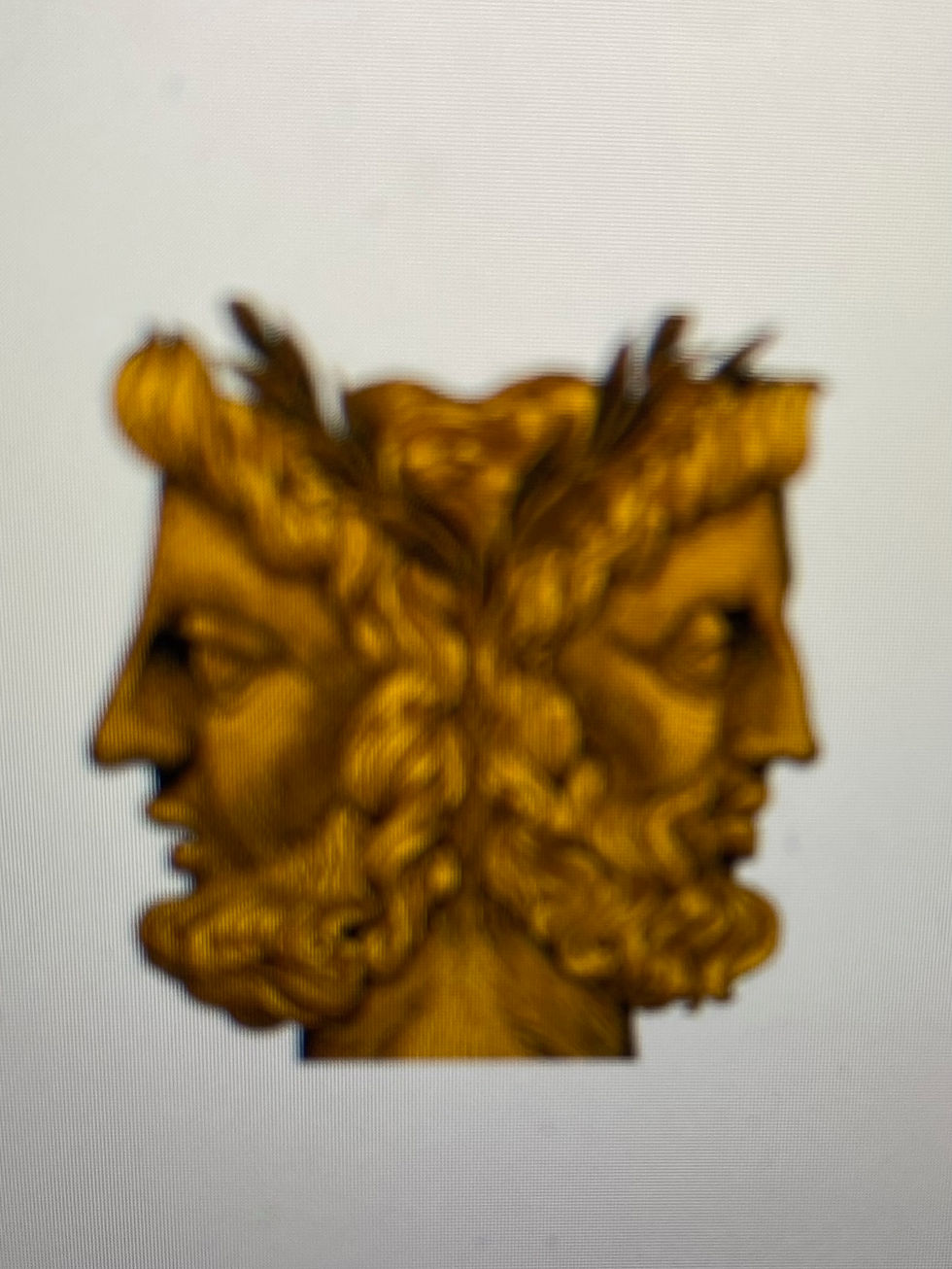Keeping Ireland Green Ag coimead tír na hÉireann glas
- caldun09
- Jul 12, 2025
- 3 min read
Updated: 2 days ago
Ireland was a very different place in the forties and fifties compared with today, particularly regarding waste management and environmental awareness. Back then, there was significantly less packaging, and most families dealt with their own rubbish. At home in Tralee, we had a large barrel in the back garden where we burned our waste and packaging. Newspapers were tightly rolled, some used as kindling for cooking fires in the range, others stored for bedroom fires in winter. Rubbish burning was common in fields and open areas, leading to poor air quality, but there were few other disposal options.
During this time, council workers Bernie Boyle and Peter Moran would collect rubbish around town using a horse and cart, taking it to the open dump on Dingle Canal Road. Later, they upgraded to a motorised van with a large, semi-circular bin on the back, collecting waste from metal bins produced at Tralee Sheet Metal Industries on North Circular Road.
Old clothes were commonly mended and handed down through families or passed to neighbours. In Tralee, used clothes were donated to orphanages such as The Monastery for boys and the Nazareth Home for girls, ensuring clothing had a prolonged life.
In 1958, the national Tidy Towns competition was established, marking the beginning of a significant effort by communities across Ireland to improve their local environments. This competition inspired towns and villages to actively engage in tidying, beautifying, and maintaining their local areas, fostering positive community spirit across generations.
By the 1970s, waste management became increasingly challenging due to the growth in packaging materials. Councils began organised collections of tagged waste bags, though littering remained common. Illegal dumping became widespread, particularly along remote roads and forests. Rivers and seas suffered pollution, significantly impacting wildlife. It was only when large-scale offenders were caught and fined heavily that this practice began to diminish.
Throughout these years, schools played a vital role in raising environmental awareness. Initiatives offering money for collecting tin cans and old newspapers greatly increased public awareness of waste management issues.
A significant step forward came in 1996 with the establishment of the Environmental Protection Agency (EPA). For the first time, Ireland had a dedicated regulatory body, empowered to enforce environmental laws rigorously. Terms like "toxic waste," "fly-tipping," and "polluter fines" entered common vocabulary, and the agency quickly gained a reputation for robust enforcement.
The Waste Management Act of 1996 was another critical development, legally obliging local authorities to provide household waste collection unless suitable alternatives existed. This Act, driven by European Union standards, set stringent environmental targets and introduced severe penalties for non-compliance.
Today, initiatives such as recycling centres, bottle banks, clothing collection bins, and cash incentives for returning drink containers have significantly improved our streets and beaches. Schools demonstrating strong environmental commitment are awarded the prestigious Green Flag, which proudly acknowledges their achievements.
Local voluntary groups, such as the highly active Gorey Tidy Towns Committee, continue to play a critical role. Regular bin collections for general waste, compost, and recycling, along with larger, secure bins in public areas, have greatly improved our living environment. Technology such as CCTV and drones has substantially reduced fly-tipping.
While there is still progress to be made, particularly concerning air quality and the ongoing sale of smoky fuels, community and individual actions continue to drive improvements. Volunteers, equipped with litter pickers and green bags, regularly patrol public spaces to keep them clean.
Each of us can further contribute by planting trees and shrubs, creating wildflower areas, volunteering with local tidy towns groups, and always taking our litter home. By actively participating in these efforts, we can collectively foster a healthier, cleaner, and greener Ireland.
Molaim sibh.



Comments